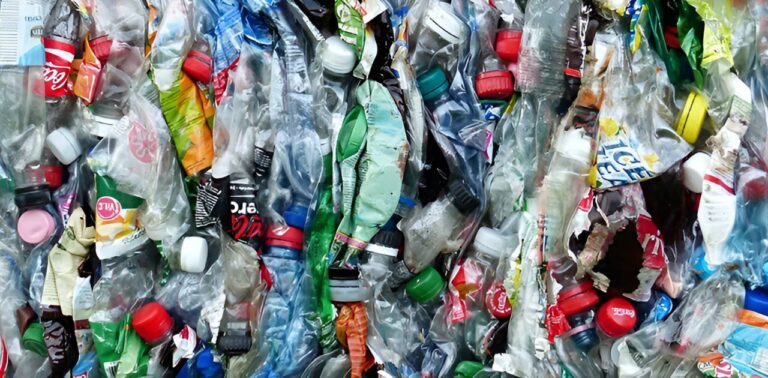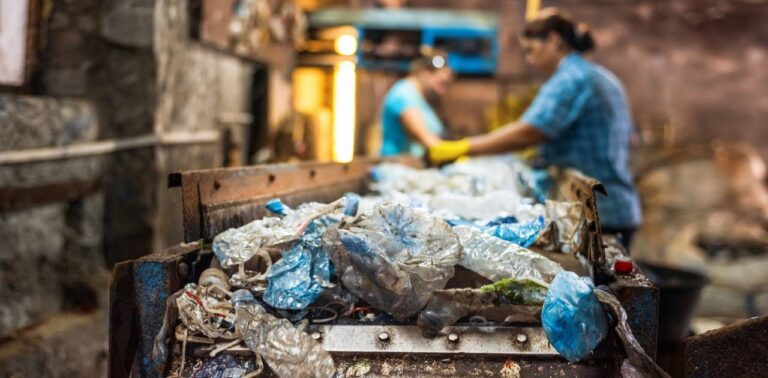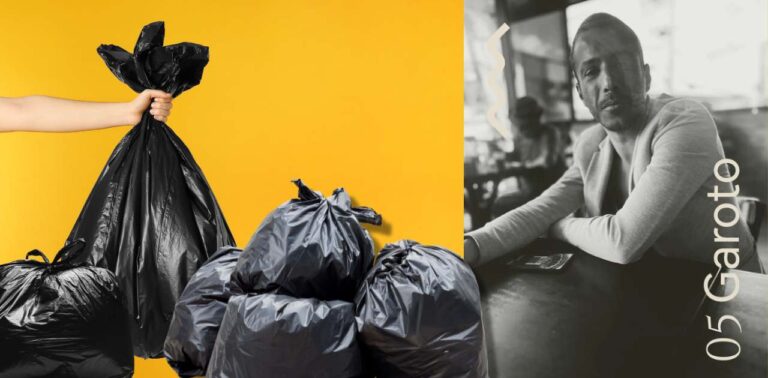Recycling CDs and DVDs is a relevant topic when it comes to sustainability and environmental preservation. These discs, which marked an era of technological innovation, face significant challenges when it comes to their disposal and reuse. Let's explore the composition of these materials, the recycling process and the difficulties associated with this practice.

Composition of CDs and DVDs
CDs and DVDs, despite being technologically advanced, are made of materials that, if not recycled correctly, can have an environmental impact. Each disc is made up of:
- Plastic Base: Made of polycarbonate, a type of strong and durable plastic.
- Reflective Layer: Usually made of a metal alloy of gold, silver or aluminum, which helps to reflect the laser from the disc player.
- Engraving and Lacquering Layer: Includes the layer where information is stored, protected by a lacquer surface.
- Protection Surface: Which guarantees the durability and integrity of the disc.
The combination of these materials makes CDs and DVDs recyclable, but it also presents challenges for the reuse process.
The CD and DVD Recycling Process
CD and DVD recycling is a practice that occurs mainly in developed countries, where there is an established infrastructure and processes to deal with these materials. The recycling process usually includes:
- Demagnetization: Removal of data stored on the disk.
- Disassembly of the Discs: Separation of plastic and metal layers.
- Component Recycling: Polycarbonate and metals are recycled and used in a variety of new applications.
Although the process is technically feasible, the recycling rate for CDs and DVDs is still quite low. It is estimated that less than 30% of the media is recycled, with millions of discs ending up in landfills. These materials take more than 400 years to decompose, contributing significantly to the solid waste problem.
Challenges of CD Recycling
The main challenges in recycling CDs and DVDs include:
- Cost X Benefit: The cost of recycling CDs and DVDs can be high compared to the environmental benefits they bring. The separation of the materials and the processing required to transform them into new products often do not justify the investment, especially in countries where the recycling infrastructure is not as developed.
- Lack of Infrastructure: Many countries, including Brazil, lack specialized centers for recycling optical media. Without adequate infrastructure, it is difficult to ensure that discs are recycled efficiently.
- Education and Awareness: Lack of knowledge about the importance of recycling and the absence of educational programs can lead to improper disposal. Many people simply throw CDs and DVDs in the regular trash, ignoring the environmental impact of their waste.
Applications of Recycled Materials
When recycled properly, the polycarbonate and metals in CDs can be reused in a variety of applications:
- Construction and Engineering: Recycled polycarbonate can be used in the manufacture of building materials and engineering products.
- Industrial Articles: Recycled metals can be used in the production of various industrial items, such as machinery parts and tools.
- New Products: Recycled polycarbonate is used in the production of new plastic products, such as electronics components and accessories.
Despite these possibilities, the real impact of CD recycling is still limited by the lack of incentives and the difficulty in the collection and recycling process.
The Reality in Brazil
In Brazil, the situation regarding CD and DVD recycling is particularly challenging. The lack of effective recycling programs and the lack of awareness about the importance of disposing of these materials properly contribute to the problem. Many consumers, attracted by the low cost, end up buying pirated DVDs, which are not only a violation of copyright, but also contribute to the increase in plastic waste when disposed of improperly.
It is crucial that the public rethinks the habit of purchasing pirated products and seeks sustainable alternatives. Awareness about recycling CDs and DVDs should be encouraged, and public policies should be developed to facilitate the recycling of these materials and minimize their environmental impact.
The Future of CD Recycling
While recycling CDs and DVDs is technically possible and offers environmental benefits, the challenges faced in practice often outweigh the benefits. Lack of adequate infrastructure, high cost and lack of awareness are significant barriers that need to be overcome.
Improving CD and DVD recycling requires a joint effort between governments, industries and consumers. Incentives for recycling, education on the importance of proper disposal and the development of more efficient technologies are essential steps to ensure that these materials are reused effectively and sustainably.
Adopting conscious consumption and disposal practices is essential to reduce environmental impact and contribute to a more sustainable future. Recycling CDs and DVDs, despite the challenges, is an important part of the solution to the global problem of plastic waste.
Check out other interesting facts about recycling clicking here.
Learn how to make art by recycling, Click here.
Summary




Who told you that Brazil doesn't have the conditions to do this? It's because of people like you that Brazil doesn't move forward, it only thinks about going back and doesn't see any possibilities for progress...
I agree with you: “Who said that?” If you read the article carefully, you will notice that I am criticizing the fact that there is not enough education to allocate CDs for selective collection.
When I say at the end of the article that it will probably never happen, these are incentives from the government to stimulate the recycling of CDs. When there is awareness, there will be no more CDs.
It's sad, but it's a fact.
Good morning!!! Do you have anyone who buys reused CDs for recycling? I have about 200 kilos to dispose of. Thank you for your attention.
I wonder if they buy it as plastic. I have a lot of old CDs to sell.
The secret to recycling is in the volume, Dayson. With a good quantity (for recyclers, we're talking tons) most professionals will be interested. Learn more about this in the article: http://setorreciclagem.com.br/coleta-seletiva/volume-o-segredo-da-reciclagem